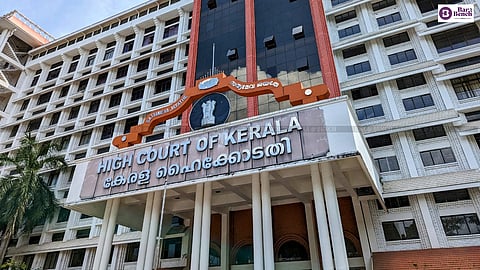The Kerala High Court recently observed that while emails can be sent to serve respondents a notice of a case filed against them by a litigant, such emails must be sent through the Court's registry and not directly by the litigant or his/her counsel [Faseela v Station House Officer & anr].

